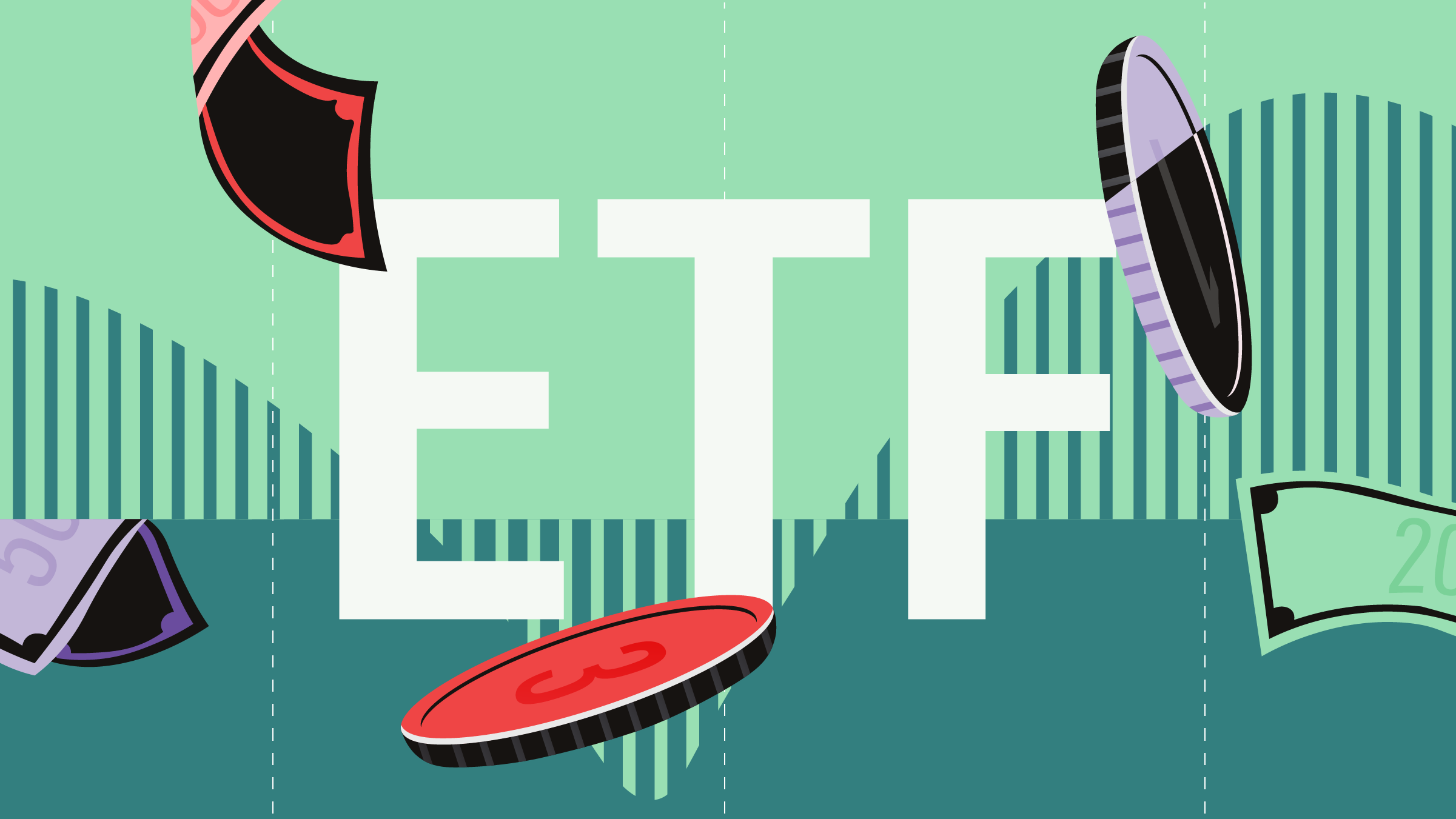Nikita Arora: For Morningstar.ca, I'm Nikita Arora. Karl Cheong of First Trust says Millennials and ETFs are a perfect match. He’s here today to tell us why.
Thanks for joining us today, Karl.
Karl Cheong: Thanks, Nikita.
Arora: Talking about Millennials, why don't we start by discussing who they are and why appealing to them matters?
Cheong: Aside from a generation that's obsessed with reality TV, Millennials are actually the largest living population in the world and in history. They represent close to 27% of the overall North American population, 9 million alone here in Canada. But what makes it really appealing from a consumer perspective is, one, their incomes are rising, their wealth is growing, and they stand to inherit one of the largest intergenerational transfers of wealth from baby boomers. There's estimates that close to $36 trillion will transfer over the next 30 years. So it is pretty good to be a Millennial despite some lower average wages than historical generations.
Arora: Besides inheriting a lot of money and being the most populous, so what the other differences between Millennials and the other generations?
Cheong: I think each generation is really by the world they've experienced. When you look at Millennials, they've been shaped by huge positives like the rise of digital media, technology, the internet. But also huge negatives: terror attacks, we see that almost every week, and global warming. From an investment perspective, Millennials have had a ringside seat for the tech crash in the 2000s, if they were old enough, or the financial crisis in 2008. Even if they didn't get impacted directly, they got impacted indirectly through relatives or parents. So by nature, Millennials tend to be more risk-averse, and who can blame them? I was just speaking to a Millennial investor yesterday who holds a very, very defensive portfolio of bonds and gold, and part of the reason why is because he doesn't have trust or faith in the system or Wall Street. And that's a common theme among Millennials.
Arora: I think I can agree with you, as a Millennial myself. Talking about Millennials and passive investing, why do you think that ETFs and Millennials are a perfect match?
Cheong: It's a good question, Nikita. Millennials are embracing ETFs for a variety of reasons. When you take a look at a recent Charles Schwab survey, it shows that 41% of Millennial portfolios are composed of ETFs, and that's compared to 21% for all other investors. Furthermore, 70% say that ETFs are core investments, and 61% believe they are going to be investing in ETFs more in the future. And it's not really a surprise to me because when you think of the ETF structure, it's sort of a Millennial itself. It just had its 25th birthday last year. So while our parents have grown up with mutual funds through the 70s, 80s and 90s, Millennials have grown up with the growth of the ETF industry from a dead start in 1990 to over $3 trillion today. And history has shown that younger people are able to adopt newer technologies faster. Anecdotally, my 3-year-old daughter is all over my smartphone playing on YouTube while my mother is still struggling with email. So when I look at ETFs, it's a disruptor in the financial services industry. It's like an Uber or an Airbnb.
But when I look at why they are a perfect match, there are three reasons I think they appeal to Millennials. The first is the transparency. We're in a generation, a social media era of Snapchat and Instagram, where everyone is broadcasting their lives to the world. The transparency of ETFs might be appealing to a Millennial because we display our holdings every day. You know exactly what we hold versus a mutual fund that only displays a fraction of their holdings on a quarterly basis.
The second is the low cost. It appeals to the frugal mindset of a Millennial. We've grown up in a generation, for example, that's shopped on eBay and Amazon looking for the best deals. In the financial product universe, it is very, very difficult to find a better deal than an ETF structure, and a 26-year-old binge-watching Netflix can get the same ETF at the same cost as the Harvard Endowment Fund. So, it really levels the playing field.
Then lastly, in an era of real instant gratification, the intra-day liquidity of ETFs might be appealing because you can buy and sell these ETFs on a daily basis, as opposed to a mutual fund where you have to wait till the end of the day.
Arora: But given that there is so much variety and there are so many options to choose from, what are some of the top ETFs that you would recommend for Millennials today?
Cheong: The first idea, the First Trust Tactical Bond Index, is something I hold as a core part of my fixed income portfolio. This is an ETF where you can get the tactical exposure to emerging markets, high yield, corporate debt, thousands of debt securities that would be very difficult for you and I to replicate ourselves. Secondly, the goal of this ETF is one to preserve capital, which is very important to Millennials who have seen two market meltdowns.
The second one is more a satellite play, targeting Millennials specifically. It's the Exponential Technologies by iShares. This is an ETF that invests in nine different fields: everything that's supposed to transform our way of life, robotics, nanotechnology, Big Data, for example. You'll see names like Tesla, First Solar, Netflix. It's a global ETF. It charges about 47 basis points. Again, this is more of a satellite holding for a Millennial because it's going to be quite volatile. The nature of exponential technology is that they are going to be big winners and big losers, right? To actually pick those winners and losers is going to be pretty difficult. So one way to participate in this space in a diversified manner is this ETF.
And finally, the Global X Social Media ETF. This is an ETF that targets social media companies, 30 of them approximately. And you'll see very, very familiar names: LinkedIn, Twitter, Facebook, for example. And what this does is speak to the way Millennials want to communicate and receive information. Again, when I speak to my mother, she wants a phone call, she welcomes hard mail. There is a lot of news recently about Canada Post. The only reason Millennials know about Canada Post is because that's how their Amazon packages arrive, right? I think this is more of a satellite holding of 30 names because it's more of a niche play within that space.
Arora: Yeah, that's very good. And also, I think that Millennials can relate to it because these are companies that they are participating in all day long, whether it's Twitter or LinkedIn or Facebook. In a way they can indirectly be a part of it by investing into these ETFs.
Cheong: And they all make a lot of sense from my perspective.
Arora: Yeah, they do. Well, thanks for joining us today, Karl.
Cheong: Thanks Nikita.
Arora: For Morningstar.ca, I'm Nikita Arora. Thanks for watching.




















